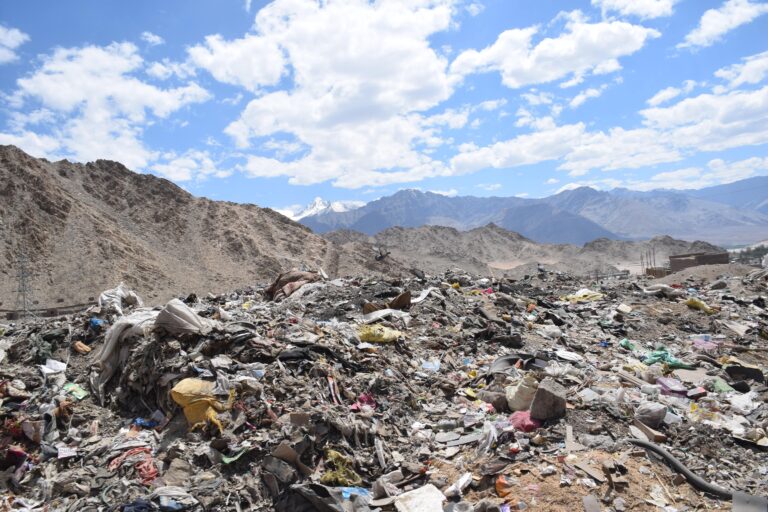This week’s environment and conservation news stories rolled into one.
Subscribe to our YouTube channel to watch the latest high quality, original video stories from nature’s frontline in India.
To receive a weekly email roundup of stories, please sign-up for our newsletter.
More tourists, more garbage in Leh
With no solid waste management policy in place in the Union Territory of Ladakh, what is the solution to the mounting garbage crisis in Leh?
India following a global trend of forsaking environment protection for “national security,” paper says
Science diplomacy can be used as a tool for balancing national security and conservation interests.
Loss of forest cover in Kashmir is pitting a protected animal against the world’s costliest spice
As their natural habitats are reducing, porcupines are entering saffron fields in search of food and damaging the prized crop.
No magic bullets to deal with snakebites
Key policy gaps in snakebite interventions is preventing India from reducing the huge economic and health burden from snakebites.
[Book review] Women biologists take centre stage saving forests and wildlife
‘Women in the Wild’, edited by Anita Mani, narrates the journeys of some of India’s women biologists working in wildlife and conservation.
Breaking new ground along with gender barriers, India has seen many pioneering women biologists who stepped out to explore and help resolve key issues of biodiversity and wildlife.
Saving India’s only ape, the hoolock gibbon
Scientists detail conservation measures in hoolock gibbon’s habitat to conserve this unique species.
Dachigam National Park at risk as forest cover, natural habitat reduces, reveals study
Forest cover has decreased by 7 percent, with a notable reduction in natural habitat, indicating habitat fragmentation.
Emerging economies need carbon space to achieve decent living standards and net-zero emissions
Most emissions to achieve decent living standards will come from meeting mobility and electricity needs, mainly in Asia.
Navigating trade in troubled waters and the role of WTO at COP 28
The impact of climate change is shaping trade dynamics, with some policies causing tensions between developed and developing countries.









